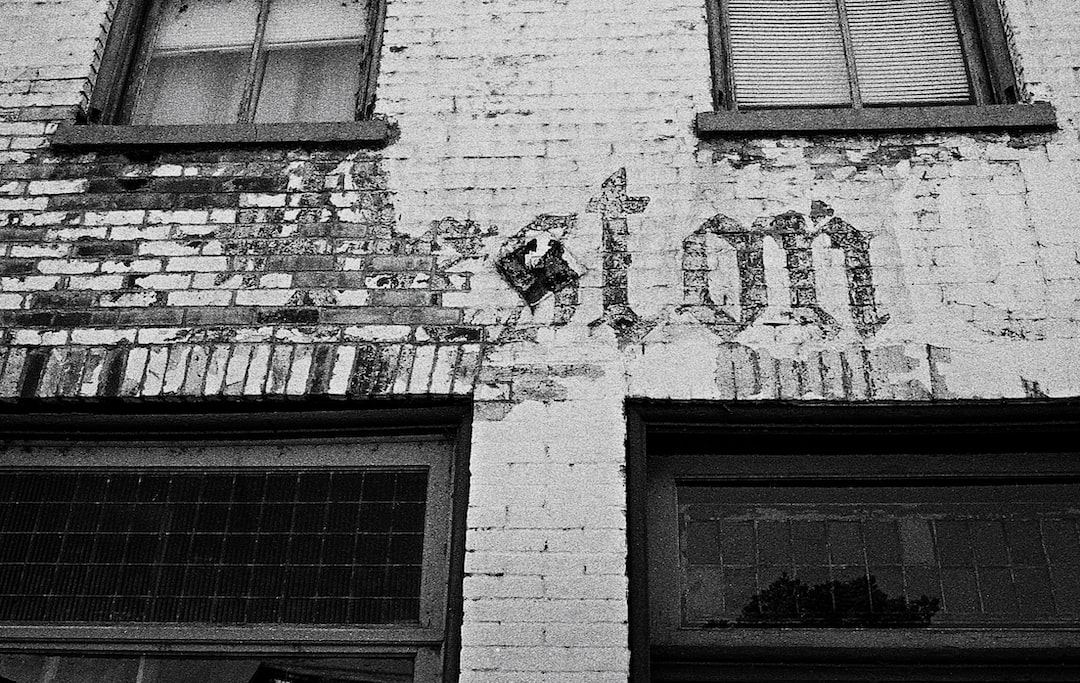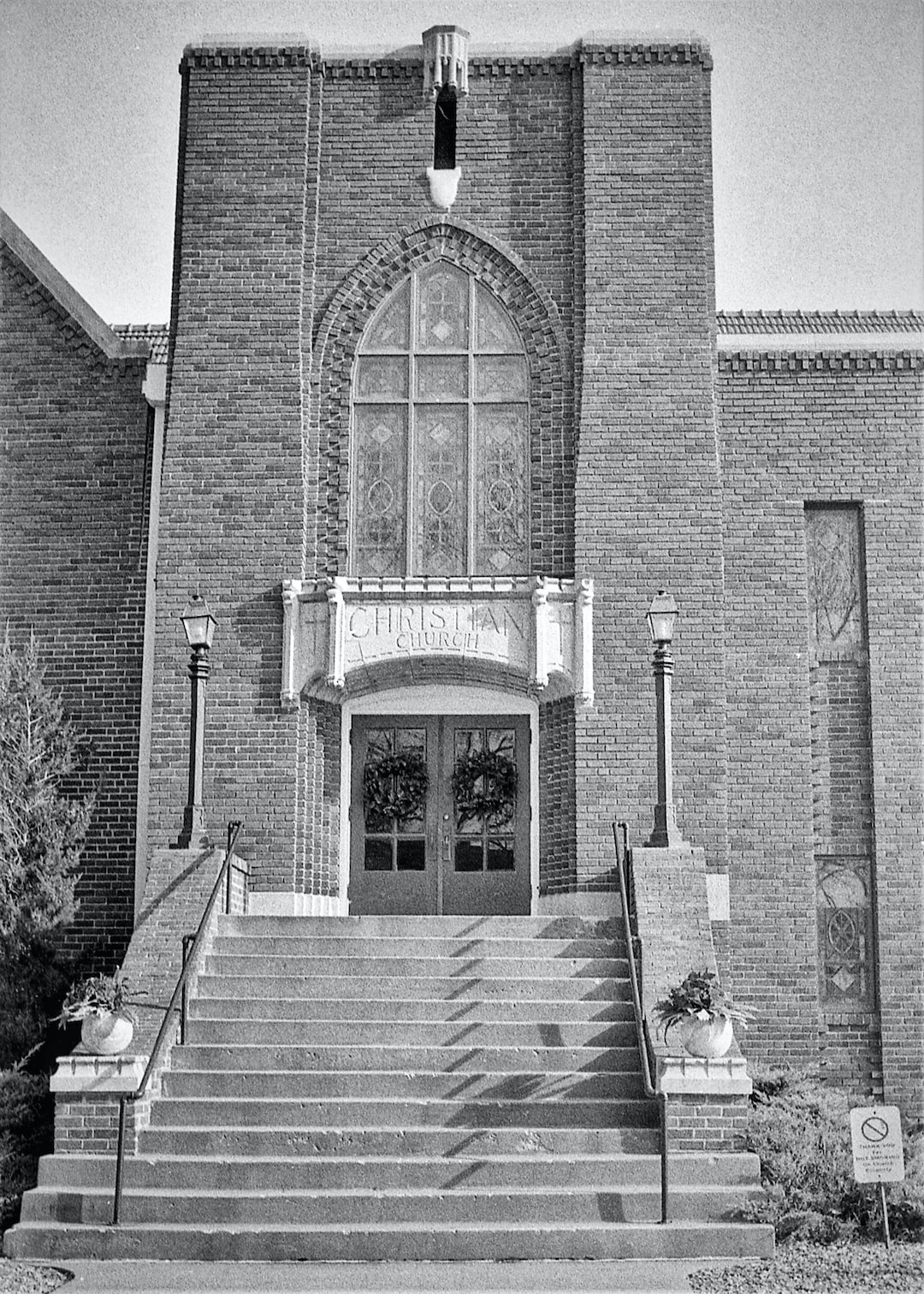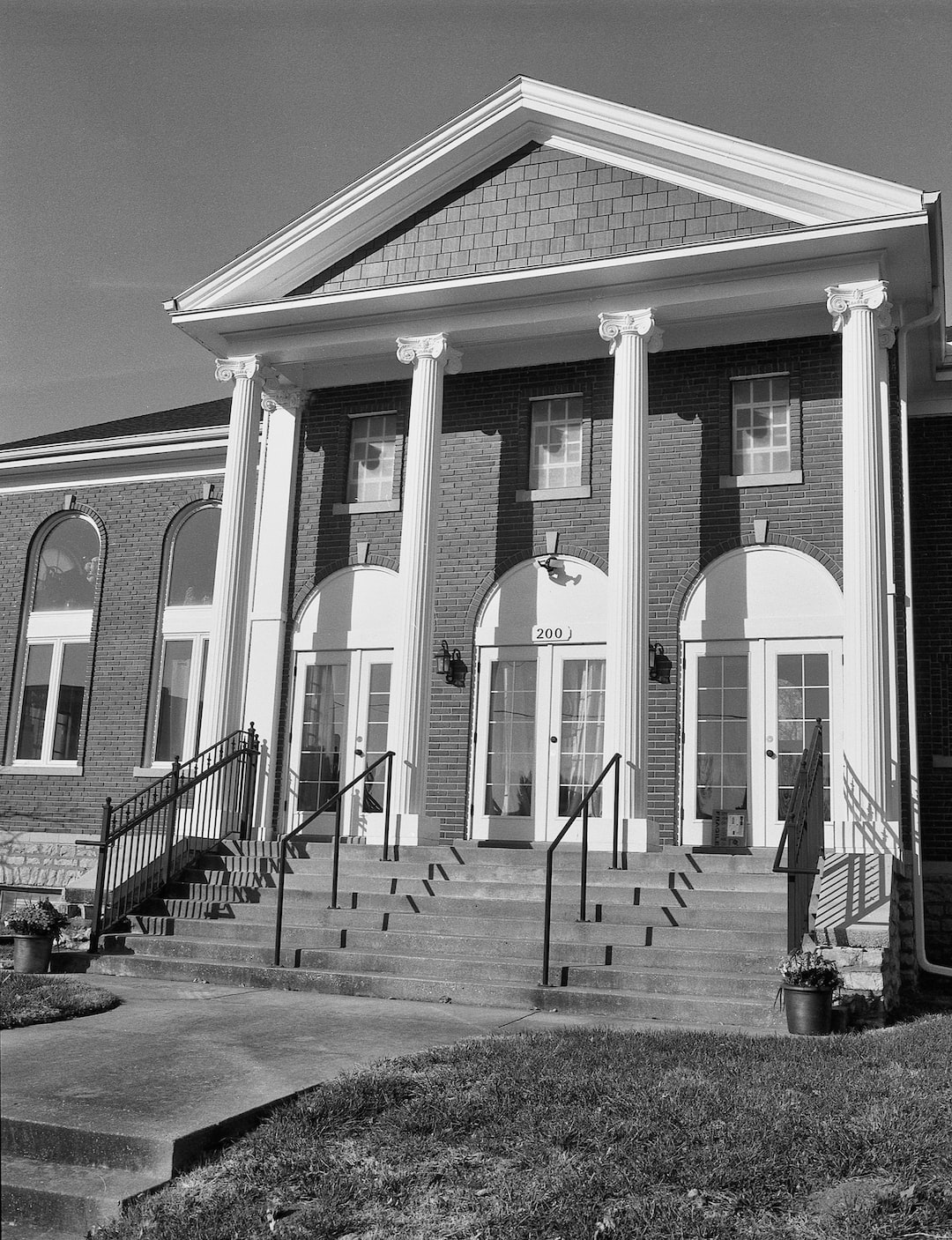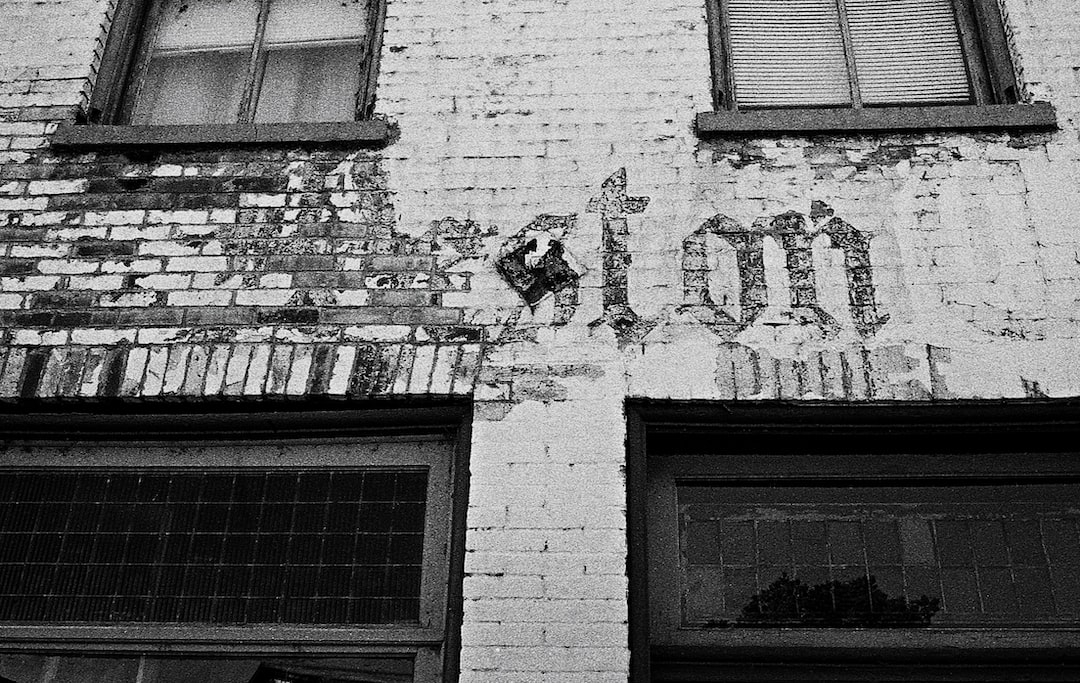 From Desperation to Divine Intervention: Hezekiah’s Miraculous Healing and the Power of Prayer.
From Desperation to Divine Intervention: Hezekiah’s Miraculous Healing and the Power of Prayer.
Have you ever felt desperate, at the end of your rope, with no hope in sight? The story of Hezekiah, a righteous king of Judah, is one that offers a glimmer of hope in the darkest of times. In 2 Kings 20:1-11 of the Christian Standard Bible (CSB), we witness a remarkable encounter between Hezekiah and the prophet Isaiah. Hezekiah’s life was hanging in the balance as he faced a terminal illness. But it was through his unwavering faith and fervent prayers that he experienced a miraculous healing.
This article delves deep into the inspiring account of Hezekiah’s healing, exploring the power of prayer and the divine intervention that can transform even the most dire circumstances. Join us on this remarkable journey as we unravel the lessons that Hezekiah’s story holds for us today. Prepare to be encouraged, challenged, and uplifted as we dive into this testament of the incredible manifestations of God’s grace and mercy. Brace yourself for a story that will leave you inspired and filled with the hope that no matter how desperate our situations may seem, divine intervention is always possible.
Introduction to Hezekiah’s Prayer and Healing
2 Kings 20:1-11 tells the story of Hezekiah’s remarkable prayer and healing. Hezekiah was the king of Judah and a righteous ruler who sought to follow God’s commandments. In this passage, we learn that Hezekiah became severely ill and was on the verge of death. The prophet Isaiah came to him and delivered a message from God, instructing Hezekiah to set his house in order because he would not recover from his illness.
Upon hearing this news, Hezekiah turned to God in fervent prayer. He reminded God of his faithfulness and devotion to Him, and he wept bitterly. Before Isaiah had even left the courtyard, God sent him back with a message of healing. God promised to add fifteen years to Hezekiah’s life and vowed to deliver him and the city of Jerusalem from the Assyrian king’s hand.
Hezekiah’s prayer and God’s response demonstrate the power of prayer and the faithfulness of God. It teaches us that even in the face of seemingly impossible situations, we can turn to God and earnestly seek His intervention. This passage also highlights the importance of humility and trust in God’s sovereignty. Hezekiah’s story serves as an inspiration for believers to seek God’s healing and deliverance in their own lives.
Understanding the historical and cultural context of the passage
The passage of 2 Kings 20:1-11 recounts the story of Hezekiah’s prayer and healing. To fully understand the significance of this event, it is important to examine the historical and cultural context in which it takes place.
During this time, Hezekiah was the king of Judah and ruled from around 715-686 BC. He was known for his religious reforms and efforts to restore the worship of Yahweh. Hezekiah’s reign occurred during a tumultuous period in the Near East, with the Assyrian Empire exerting its dominance over the region.
In the context of increasing Assyrian aggression, Hezekiah’s prayer for deliverance from a life-threatening illness and his subsequent healing by God hold great significance. It not only demonstrates the king’s faith and reliance on God, but it also serves as a reassurance to the people of Judah that their God is powerful and capable of protecting them.
Understanding the historical and cultural context allows us to appreciate the profound impact of Hezekiah’s prayer and healing on the religious and political landscape of ancient Judah.
Exploring the significance of Hezekiah’s illness
The story of Hezekiah’s illness in 2 Kings 20:1-11 holds significant importance in biblical history. Hezekiah, the king of Judah, becomes severely ill, and the prophet Isaiah visits him with a message from God: ‘Set your house in order, for you shall die, you shall not recover.’ In response, Hezekiah fervently prays to the Lord and weeps bitterly.
The significance of Hezekiah’s illness lies in his prayer and God’s subsequent response. Hezekiah’s prayer demonstrates his deep faith and trust in God’s power to heal and deliver him from the brink of death. He acknowledges his own righteousness and pleads for God’s mercy and intervention.
God then sends Isaiah back to Hezekiah with a new message: ‘I have heard your prayer, I have seen your tears; surely I will heal you. On the third day, you shall go up to the house of the Lord, and I will add fifteen years to your life.’ The Lord not only grants Hezekiah’s request for healing but also extends his life by fifteen years.
This story showcases God’s compassion, mercy, and willingness to respond to the prayers of His faithful followers. It reinforces the importance of prayer and trusting in God’s sovereignty, even in times of illness and despair.
Analyzing Hezekiah’s prayer and its elements
In 2 Kings 20:1-11, we find the account of King Hezekiah’s prayer and healing. This passage provides us with insights into the elements of Hezekiah’s prayer and its significance. Firstly, Hezekiah’s prayer is characterized by humility. He acknowledges his own vulnerability and the power of God, addressing Him as the Lord, the God of Israel. Hezekiah also appeals to God’s mercy and faithfulness, recognizing that God is his only hope for healing.
Secondly, Hezekiah’s prayer demonstrates his trust in God’s sovereignty. He recognizes that God has the authority to give and take away life, pleading for a longer lifespan. Hezekiah appeals to the covenant relationship between God and His people, reminding God of his faithfulness and righteous living.
Thirdly, Hezekiah’s prayer is specific. He mentions his good deeds and devotion to God’s commands, seeking God’s favor and intervention based on his own righteousness.
Overall, Hezekiah’s prayer is a powerful example of seeking God’s mercy, trusting in His sovereignty, and making specific requests based on faith and righteousness. It teaches us the importance of humility, trust, and specificity in our own prayers.
Examining God’s response to Hezekiah’s prayer
Hezekiah’s Prayer and Healing is a significant passage in the book of 2 Kings. In this passage, Hezekiah, the king of Judah, becomes seriously ill and is told by the prophet Isaiah that he will not recover. Distraught, Hezekiah turns to God in prayer, pouring out his heart and pleading for mercy and healing.
God hears Hezekiah’s prayer and responds through Isaiah, delivering a message of hope and healing. God assures Hezekiah that he has heard his prayer and seen his tears, and promises to add fifteen years to his life. In addition, God pledges to deliver Jerusalem from the enemy, the Assyrians, and protect the city.
This passage showcases the power of prayer and the faithfulness of God. It demonstrates that God is compassionate and responsive to the cries of His people. Hezekiah’s sincere and desperate plea for healing leads to a miraculous intervention from God.
Examining God’s response to Hezekiah’s prayer reminds us of the importance of turning to God in times of need and trusting in His ability to intervene in our situations. It serves as a reminder that God is a God of miracles and that nothing is too difficult for Him.
Drawing parallels between Hezekiah’s healing and the need for a savior
In the passage of 2 Kings 20:1-11, we see Hezekiah, the king of Judah, fall ill with a terminal illness.
Hezekiah desperately prays to God for healing, and God hears his prayer.
The prophet Isaiah delivers the message from God that Hezekiah’s prayer has been answered and that he will be healed and granted fifteen more years of life.
This miraculous healing serves as a parallel to the need for a savior in our lives.
Just as Hezekiah was in a helpless and desperate situation, in need of divine intervention, we too find ourselves in need of a savior.
Hezekiah’s healing reminds us that we cannot save ourselves or rely on our own strength.
We need someone greater than ourselves who can intervene and bring healing in our lives.
This is where Jesus, the ultimate savior, comes into the picture.
Through His sacrifice on the cross, Jesus offers us spiritual healing and eternal life.
He is the one who can intervene in our lives, granting us forgiveness, redemption, and salvation.
Just as Hezekiah’s healing was a result of his faith and dependence on God, our healing comes from placing our faith and trust in Jesus Christ.
Using contemporary analogies to illustrate the message
Using contemporary analogies can be a helpful tool in understanding the message of biblical passages like 2 Kings 20:1-11, which recounts Hezekiah’s prayer and healing. By drawing comparisons to modern situations or experiences, we can connect with the underlying themes and lessons of the story.
For example, we can think of Hezekiah’s desperate prayer for healing as similar to someone today praying for a loved one’s recovery from a serious illness. This analogy allows us to empathize with Hezekiah’s anguish and his reliance on faith and prayer during a difficult time.
We can also draw parallels between the miraculous sign provided to Hezekiah – the movement of the shadow on the sundial – and the way we might look for signs or indications in our own lives. It prompts us to contemplate the ways in which God can work in mysterious and unexpected ways, guiding us through challenges and revealing His presence.
Using contemporary analogies brings biblical stories to life, making them relatable and relevant to our own experiences. It helps us recognize the timeless truths and wisdom contained within these ancient texts.
Conclusion: Emphasizing the importance of faith and trust in God
The story of Hezekiah’s prayer and healing in 2 Kings 20:1-11 emphasizes the importance of faith and trust in God. When Hezekiah fell ill, the prophet Isaiah delivered a message from God that he would not recover. However, Hezekiah turned to God in prayer, pleading for his life to be spared. In response to his faith and trust, God granted him fifteen more years of life. This serves as a powerful reminder that faith can move mountains and that God has the power to intervene in our lives. Hezekiah’s story encourages us to put our faith and trust in God, even in the face of seemingly impossible circumstances. It teaches us that prayer can be a powerful tool in seeking God’s intervention and that he is faithful to those who believe in him. By emphasizing the importance of faith and trust in God, this story reminds us to turn to him in times of need and to rely on his strength and guidance. In our own lives, we can apply this lesson by cultivating a strong faith and trusting in God’s plan, knowing that he is always with us and is able to bring about miraculous change.
In conclusion, the story of Hezekiah’s prayer and healing reminds us of the importance of faith and trust in God. It demonstrates that no matter how desperate or hopeless our situation may seem, we are never alone. God is always with us, ready to extend his arms of love and compassion towards us. Just as Hezekiah turned to God in fervent prayer, we too can seek his intervention and healing in our own lives.
This passage emphasizes the power of prayer and the faithfulness of God. It shows us that even in the face of impossible circumstances, we can trust in His sovereignty and rely on His promises. Hezekiah’s story serves as a reminder that God is a God of miracles, capable of intervening in our lives and bringing about miraculous change.
So, what is God saying to you through this story? He is reminding you to have faith, to trust in Him, and to seek His intervention in your life. He is inviting you to turn to Him in times of need, knowing that He hears your prayers and is ready to respond with love and mercy.
The question now is, what are you going to do about it? Will you place your faith and trust in God? Will you seek His intervention and healing in your life? Let this story inspire and encourage you to take action, knowing that you have a Savior who is always there for you.
Frequently Asked Questions
What is the context of 2 Kings 20:1-11?
2 Kings 20:1-11 recounts the story of Hezekiah’s prayer and healing. Hezekiah, the king of Judah, becomes severely ill and is told by the prophet Isaiah that he will die. In response, Hezekiah prays to God, asking for mercy and deliverance. God hears his prayer and instructs Isaiah to inform Hezekiah that he will be healed and granted an additional 15 years of life.
What was Hezekiah’s prayer in 2 Kings 20:1-11?
Hezekiah’s prayer can be found in 2 Kings 20:3. He pleads with God, emphasizing his faithfulness and devotion, and asks for healing and deliverance from his sickness.
How did God respond to Hezekiah’s prayer?
God heard Hezekiah’s prayer and responded by instructing the prophet Isaiah to deliver the message that Hezekiah would be healed and granted an additional 15 years of life.
What was the sign given to Hezekiah regarding his healing?
To confirm His promise, God gave Hezekiah a sign. He caused the shadow on the stairway of Ahaz to move backward ten steps, indicating that He would reverse the course of Hezekiah’s illness.
Who was the prophet involved in Hezekiah’s healing?
The prophet Isaiah played a significant role in Hezekiah’s healing. He delivered God’s messages to Hezekiah, including the assurance of healing and the sign of the moving shadow.









 From Desperation to Divine Intervention: Hezekiah’s Miraculous Healing and the Power of Prayer.
From Desperation to Divine Intervention: Hezekiah’s Miraculous Healing and the Power of Prayer.

